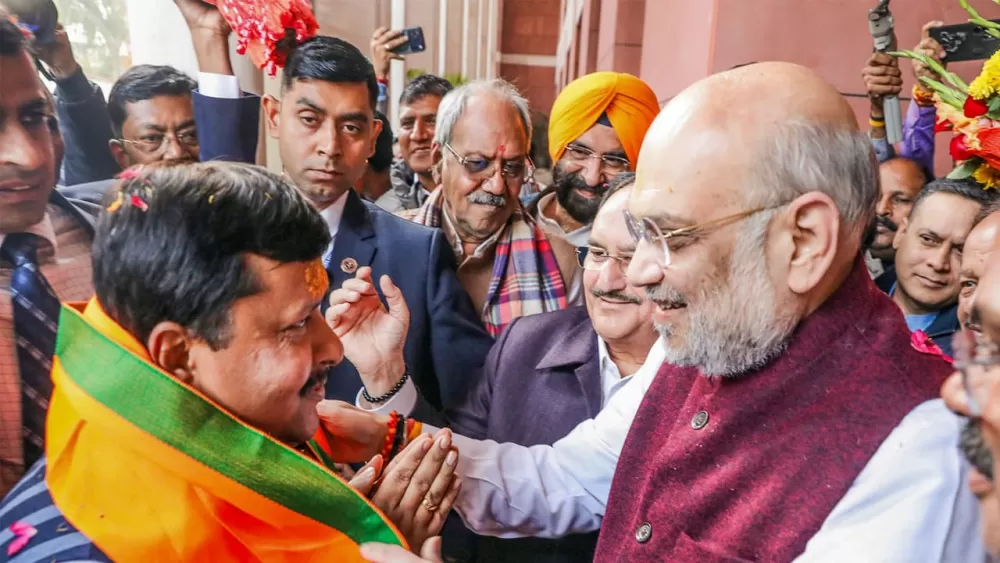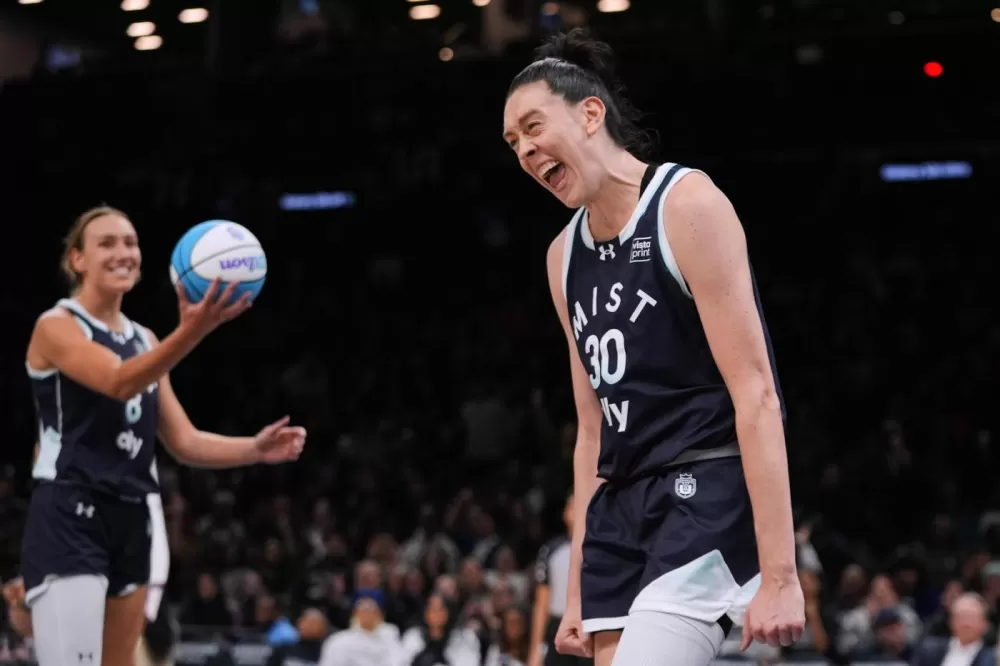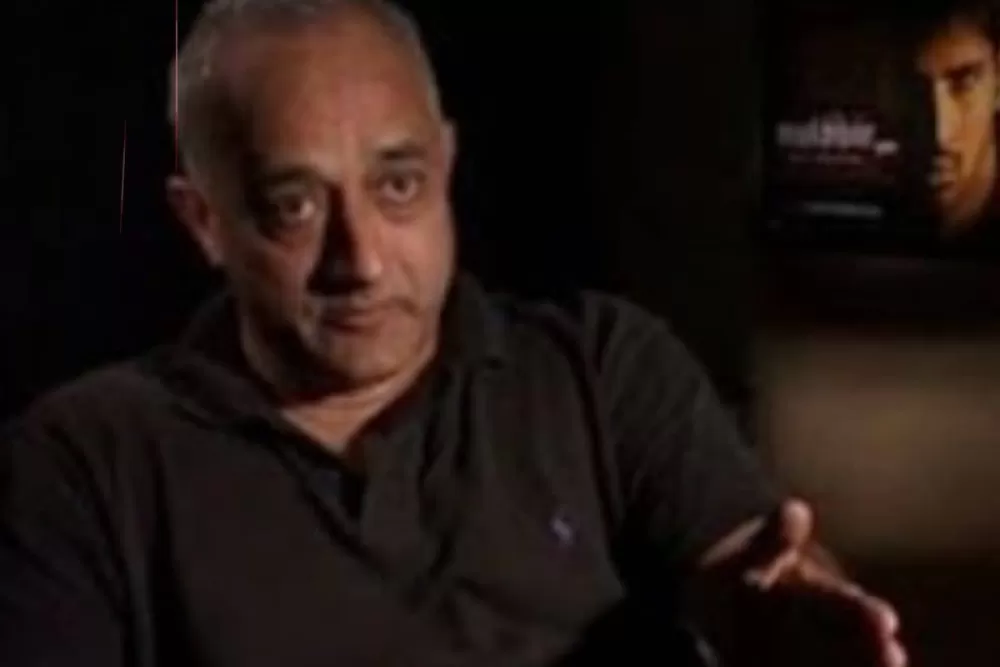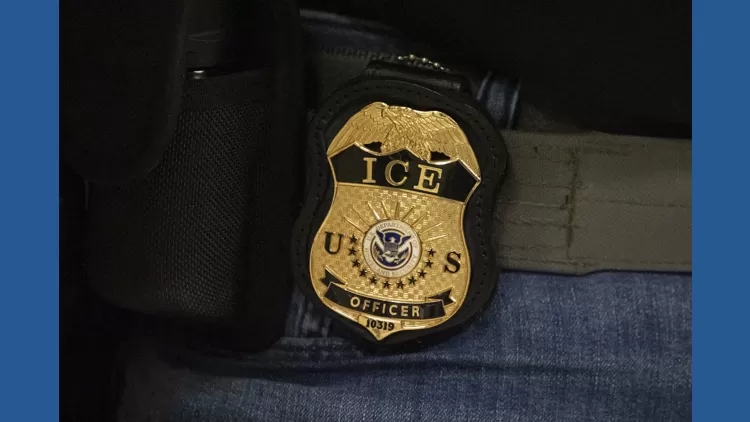The Great Discourse Divide: When Free Speech Becomes a Battleground
- Nishadil
- September 22, 2025
- 0 Comments
- 3 minutes read
- 56 Views
- Save
- Follow Topic

Culture War Deepens: Free Speech Feared on All Sides
An ironic look at how different political factions perceive and lament the 'erosion of free speech,' featuring the perceived silencing of conservative voices and the counter-fears of liberal proponents.
In an increasingly fractured media landscape, a peculiar cultural moment has emerged, highlighting the paradoxical anxieties surrounding free speech. From one corner of the digital arena, a collective 'mourning' has begun for figures like conservative commentator Charlie Kirk, signaling a perceived demise of unfettered expression.
Yet, simultaneously, supporters of late-night host Jimmy Kimmel voice their own profound fears regarding the very erosion of this fundamental liberty, creating a complex and often contradictory narrative.
The lamentations for Charlie Kirk are not, of course, a literal obituary, but rather a potent symbol.
For his fervent followers and the broader conservative movement, this 'mourning' represents the perceived silencing of dissenting voices, a chilling effect exerted by what they term 'cancel culture' and the algorithmic shadows of social media. It speaks to a deep-seated belief that platforms are being weaponized, that challenging mainstream narratives now carries an unbearable cost, and that a vital, robust exchange of ideas is being suffocated by ideological gatekeepers.
The perceived hounding of figures like Kirk, whether through deplatforming or public shaming, is seen as a harbinger of a future where only approved opinions are permitted airtime, a 'death' of true intellectual liberty.
Conversely, the anxieties expressed by Jimmy Kimmel's supporters illuminate an entirely different facet of the free speech debate.
Their fears stem from the belief that the concept of free speech itself is being co-opted and weaponized to protect harmful rhetoric, misinformation, and hate speech without consequence. For them, the erosion isn't about the right to speak, but the right to speak responsibly and to hold others accountable for their words.
They fear a landscape where calls for civility and accuracy are misconstrued as censorship, and where the relentless pursuit of outrage by some voices drowns out thoughtful discourse and legitimate criticism. The concern here is not the lack of speech, but rather the quality and impact of the speech that dominates, and the potential for a 'marketplace of ideas' to be flooded with venom.
This dual lamentation underscores a critical semantic battleground where 'free speech' means vastly different things to different factions.
For some, it's an absolute right to express any idea without institutional reprisal, even if it's offensive. For others, it's a right that comes with social responsibilities, where freedom from government censorship doesn't equate to freedom from social or professional consequences. The friction between these interpretations has fueled an escalating culture war, turning every perceived slight or platform decision into a high-stakes referendum on the future of open discourse.
Ultimately, the paradoxical mourning for figures like Kirk and the simultaneous fears expressed by Kimmel’s proponents reveal a society grappling with profound questions about truth, accountability, and the very nature of public dialogue in the digital age.
It's a testament to a deeply polarized environment where the principle of free speech, once a unifying ideal, has become a contentious battle cry, lamented and defended in equal, yet opposing, measure.
.Disclaimer: This article was generated in part using artificial intelligence and may contain errors or omissions. The content is provided for informational purposes only and does not constitute professional advice. We makes no representations or warranties regarding its accuracy, completeness, or reliability. Readers are advised to verify the information independently before relying on
















